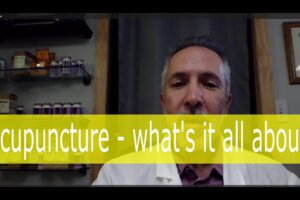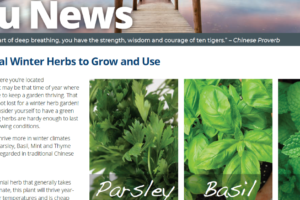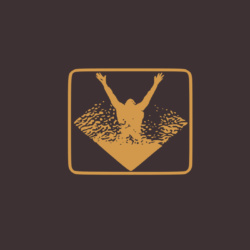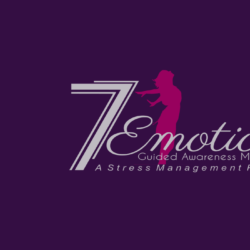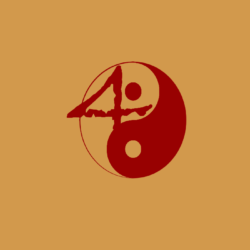Chinese Herbal Medicine is a Complex and Sophisticated Form of Internal Medicine
Chinese Herbal Medicine is one of five branches of Traditional Chinese Medicine (TCM). The other four include Acupuncture, Tui Na Medical Massage (a.k.a. acupressure), Nutrition, Qi Gong (energy work or exercises such as Tai Chi Chuan). Chinese Herbology dates back several thousand years with thousands of 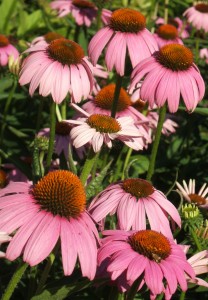 references books written by practitioners chronicling the clinical applications of thousands of herbs and substances. In the USA most acupuncture schools also offer extensive training in Chinese Herbology. The National Certification Commission for Acupuncture and Oriental Medicine (NCCAOM) governs the testing requirements and certifications for practitioners of Chinese Herbology.
references books written by practitioners chronicling the clinical applications of thousands of herbs and substances. In the USA most acupuncture schools also offer extensive training in Chinese Herbology. The National Certification Commission for Acupuncture and Oriental Medicine (NCCAOM) governs the testing requirements and certifications for practitioners of Chinese Herbology.
Chinese Herbology is a highly sophisticated form of herbal medicine. One way of understanding the complexity is to realize how herbs are formulated. Herbal formulas are designed to address a patients presenting symptoms. Each herb in a formula has a specific property, action, thermal nature, and body region of influence with known contraindication and cautions. For example, ma huang (pharmaceutical name: herba ephedrae) an herb that has been banned by the FDA for its misuse as a diet supplement has an acrid, slightly bitter and warm property with an influence over the lungs and the bladder. It is more properly used as a short-term treatment for the symptoms of the common cold, asthma or to help reduce edema by promoting sweating. In Chinese Herbal Medicine it is contraindicated and is known to be harmful under long-term use. Another complexity of Chinese Herbology is the combination of herbs in a formula and their combined therapeutic effect. It is rare to prescribe a single herb as a remedy. This would be considered a less sophisticate practice of herbal medicine. Most herbal formulations can contain between 4 to 12 herbs. Each herb is responsible for specific actions. There may be one or two chief herbs responsible for the chief symptomatic complaint with several deputy herbs supporting and moderating the actions of the chief herbs. Also, assistant herbs may be added to address additional symptoms and moderate the actions of other ingredients. The use of ma huang alone can be harmful but when combined with other herbs to moderate any harsh effects, a highly sophisticated and effective herbal remedy can be administered.
Please note that the scope of the FDA ruling on ma huang only applies to dietary supplements and not to their use in traditional Chinese herbal remedies.
Chinese Herbal Medicine has a long history of being safe and effective when used properly. If you are considering an herbal remedy, make sure you seek out a trained herbalist with proper training and credentials to ensure you receive a sophisticated form of herbal medicine that is safe and effective.
Christopher Carlow, D. Ac.Doctor of Acupuncture February 14, 2007


